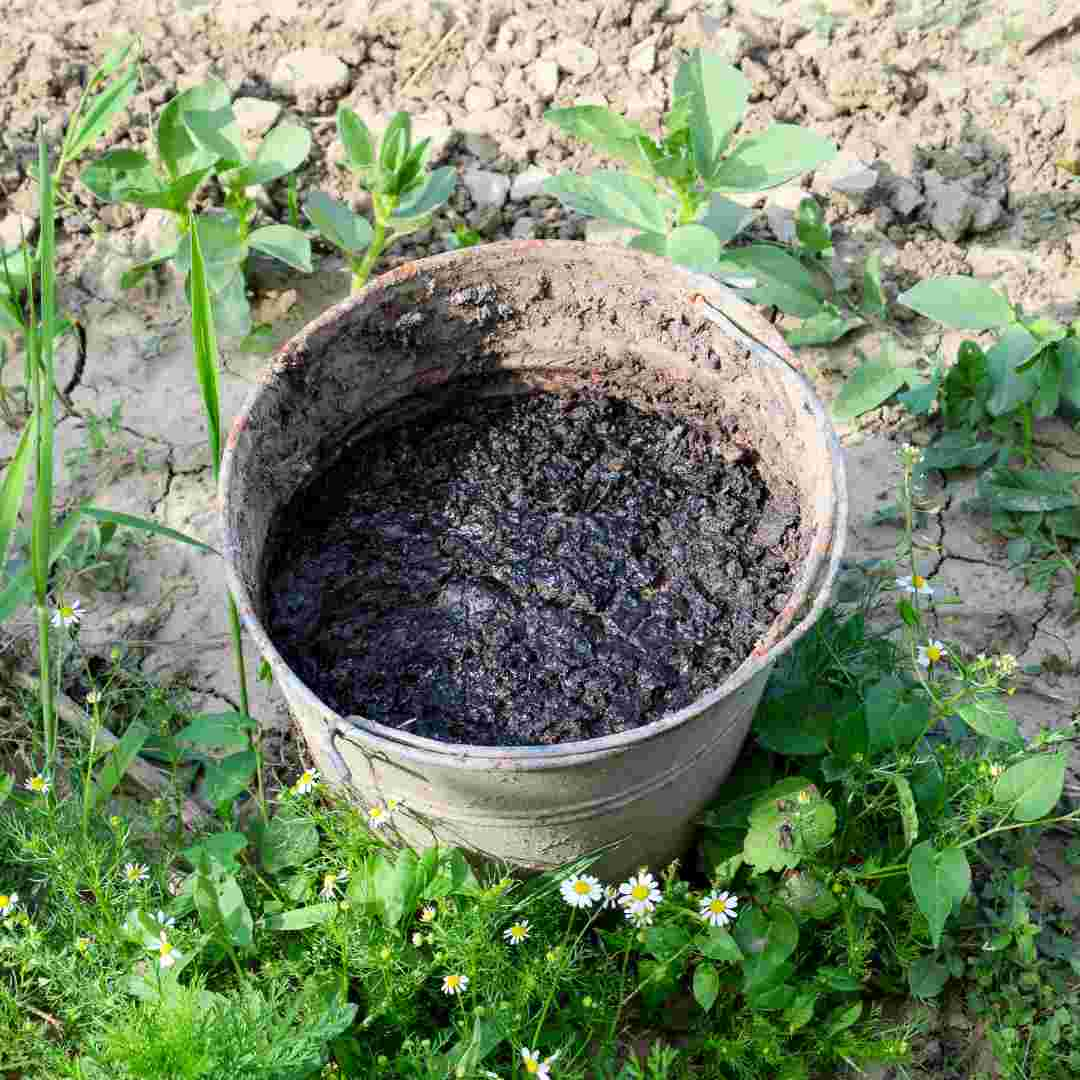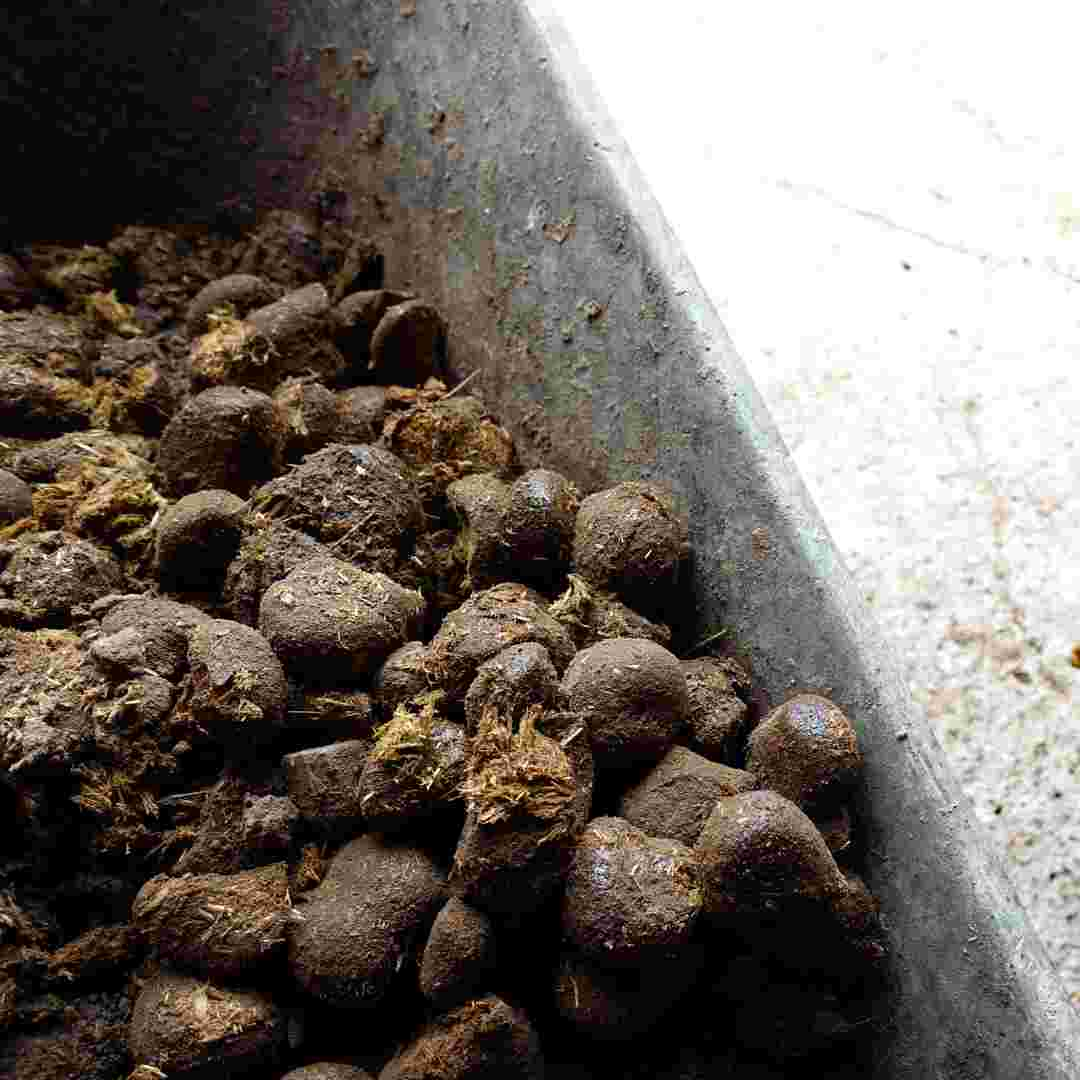Contents Table
Introduction
Know the Benefits of Rabbit Poop Fertiliser
Using Rabbit Poop as Garden Fertiliser
Pros and Cons of Rabbit Poop Fertiliser
Rabbit poop fertiliser contains what nutrients?
Rabbit Poop Collection and Storage for Fertiliser
Q&A
Conclusion
Introduction
Garden fertiliser made from rabbit excrement is great. Plants need nitrogen, phosphorus, and potassium, which it has in abundance. Rabbit excrement contains bacteria that break down organic materials and improve soil structure. Rabbit excrement is easy to gather and use, making it a good organic fertiliser.
Know the Benefits of Rabbit Poop Fertiliser
Rabbit dung fertilises your garden with nutrients. Rabbit droppings are a great fertiliser since they include nitrogen, phosphate, and potassium. Organic gardeners love rabbit droppings because they're easy to gather and weed-free.
When fertilising with rabbit droppings, remember that they are nitrogen-rich. To make a balanced fertiliser, use them sparingly and blend them with compost or aged manure. Young rabbit droppings can burn plants, thus they should be aged. Spread droppings in a thin layer and let them dry for weeks to age them.
After ageing, droppings can be combined with organic components and put to soil. Rabbit droppings can topdress or be integrated into soil. Remember that a little fertiliser goes a long way. Start with a little amount of fertiliser and add more as needed to avoid nutrient burn.
Rabbit droppings improve soil structure and provide nutrients. The droppings contain helpful bacteria and fungi that break down organic debris and promote soil moisture retention. This can reduce watering and promote healthy root growth.
Gardeners seeking organic fertiliser should consider rabbit droppings. They are nutritious, easy to gather, and weed-free. They can improve soil structure and give plants nutrients when utilised properly.
Using Rabbit Poop as Garden Fertiliser
Rabbit dung fertiliser is a great way to feed your plants. Rabbit manure is a great fertiliser for many plants since it contains nitrogen, phosphate, and potassium. Rabbit manure is “cold” and can be spread to your plants without composting.
Collect rabbit droppings from your cage to use as fertiliser. Mix droppings with equal water in a bucket. Let the mixture sit for 24 hours, stirring occasionally. To remove big particles, strain the mixture through a sieve or cheesecloth after 24 hours.
After straining, apply the mixture to your garden. Spread the mixture evenly over the soil, avoiding plants and flowers. Water the area well to help fertiliser soak in.
A liquid fertiliser can be made from rabbit manure. Mix one part rabbit dung with five parts water in a bucket. Let the mixture sit for 24 hours, stirring occasionally. To remove big particles, strain the mixture through a sieve or cheesecloth after 24 hours. Apply the liquid fertiliser directly to the soil or dilute it with water and use a watering can.
Rabbit manure fertiliser is a great way to feed your plants. You may have a healthy, bountiful garden for years with regular application.
Pros and Cons of Rabbit Poop Fertiliser
Rabbit dung is a natural and organic fertiliser that has grown in popularity. Rabbit faeces contains nitrogen, phosphate, and potassium, which plants need. Rabbit poop fertiliser has perks and downsides.
Pros
Naturally fertilising plants with rabbit excrement is a major benefit. Rabbit faeces contains nitrogen, phosphate, and potassium, which plants need. Rabbit faeces contains calcium, magnesium, and other trace minerals that promote soil structure and fertility. Rabbit dung is cheap and easy to get.
Cons
Rabbit excrement can include parasites and other pathogens that harm plants, making it unsuitable as fertiliser. Weed seeds in rabbit excrement can promote garden weeds. If overused, rabbit excrement can damage plants due to its salt content. Fresh rabbit faeces is stinky and hard to distribute.
In conclusion, rabbit faeces can be a terrific natural and organic fertiliser, but it's vital to weigh the positives and cons. Take steps to utilise rabbit dung safely and effectively to fertilise plants.
Rabbit poop fertiliser contains what nutrients?
Rabbit faeces fertilises gardens and lawns well. Rabbit droppings include nitrogen, phosphate, and potassium, which plants need. Calcium, magnesium, and trace minerals are abundant in rabbit droppings.
Chlorophyll, which helps plants photosynthesize and generate energy, requires nitrogen. Phosphorus strengthens roots and stems, while potassium promotes flowering and fruiting. Calcium strengthens cell walls and promotes root growth, whereas magnesium activates enzymes and photosynthesis.
Organic matter in rabbit droppings improves soil structure and water retention. Due of their high nitrogen concentration, rabbit droppings reduce soil nitrogen leaching, which harms aquatic habitats.
Rabbit droppings are easy to collect and can fertilise lawns and gardens. Composting them before use reduces disease spread. Rabbit droppings can be mulched to maintain moisture and control weeds.
Rabbit Poop Collection and Storage for Fertiliser
Utilising rabbit excrement as fertiliser is a terrific method to help your garden develop. Here are some rabbit faeces collection and storage tips for fertiliser.
1. Collecting Rabbit dung: These steps are straightforward to gather rabbit dung. Install a litter box in the rabbit's cage. This will maintain the space clean and make droppings collection easy. Collect droppings with a scoop or shovel after installing the litter box. Wear gloves when handling droppings to avoid health risks.
2. Storing Rabbit Poop: After collecting the droppings, keep them properly. A sealed container is excellent for rabbit dung. This keeps moisture out and prevents droppings from rotting. Label the container with the collecting date and animal kind.
3. Rabbit faeces Fertiliser: Rabbit faeces makes great garden fertiliser. Mix droppings with soil and water to use. This gives plants critical nutrients and helps them thrive.
These techniques make collecting and storing rabbit dung for fertiliser easy. This helps your garden develop by using a natural resource.

Q&A
1. Good rabbit poop fertiliser?
Rabbit faeces fertilises gardens and lawns well. Rabbit droppings include nitrogen, phosphate, and potassium, which plants need.
2. How often should I fertilise with rabbit poop?
Rabbit dung fertiliser works well every two to three weeks. This will provide your plants the nutrients they need to thrive.
3. Safe to use rabbit dung near edible plants?
Rabbit excrement is safe for edible plants. Before putting droppings to soil, they must be properly composted.
4. Can I fertilise using rabbit poop?
Apply rabbit dung straight to soil or mix with compost. Spread droppings evenly on the soil and water them in.
5. What additional benefits does rabbit poop have?
Rabbit excrement provides organic stuff that improves soil structure and drainage. It improves soil moisture and nutrient retention.
Conclusion
Finally, rabbit dung fertilises plants and lawns well. Plants need nitrogen, phosphorus, and potassium, which it has in abundance. Easy-to-get rabbit excrement can be utilised as organic fertiliser. It enriches soil without chemicals.
